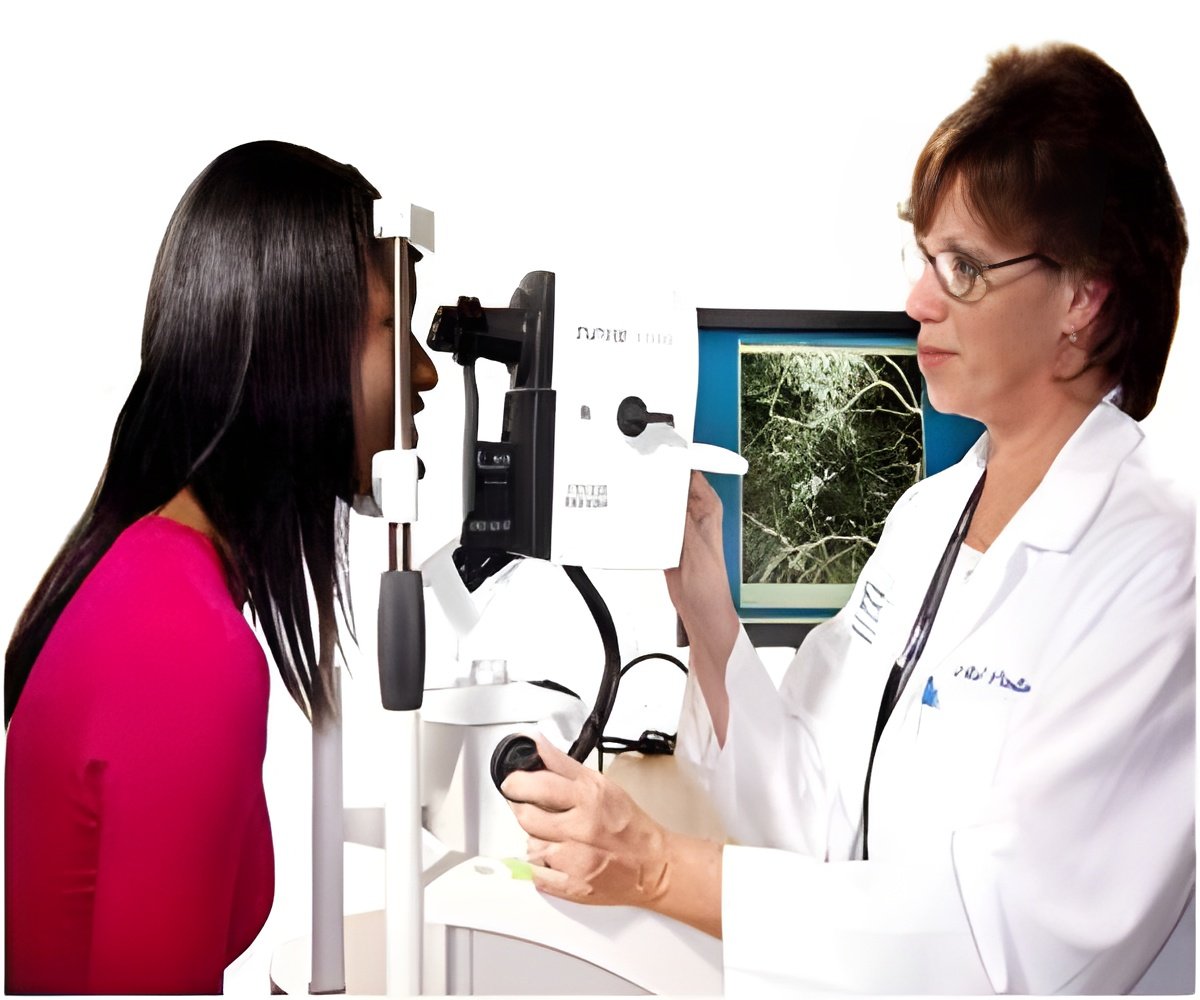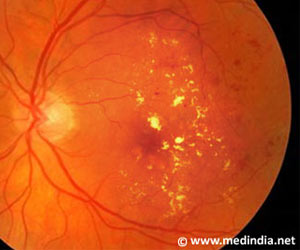With growing age, one should take proper care of their eyes. Nutrients such as omega-3 fatty acids, zinc, and vitamins C and E helps to keep your eyes healthy.

"Many eye diseases have no early warning signs or symptoms, but a dilated exam can detect eye diseases in their early stages before vision loss occurs. One should avoid smoking as this makes the smoker more likely to get cataract, optic nerve damage, and macular degeneration," said Mahipal S. Sachdev, chairman and medical director of Centre for Sight.
According to recent researches, India has eight million people suffering from eye problems. He said macular degeneration causes "blind spots" and often severely impairs central vision.
People who smoke double their chance of forming cataract, and the risk continues to increase the more you smoke. Noting that four out of five patients suffering from eye problems were curable, Y.K Gupta of Safdarjung Hospital said lack of awareness on eye problems was the key issue.
"Elderly people tend to neglect their body's warning signals and of all the population suffering from vision impairment, 60 percent include people above 50 years of age," he said.
"With growing age, one should ensure that they should take proper care of their food habits. Nutrients such as omega-3 fatty acids, zinc, and vitamins C and E might help ward off age-related vision problems such as macular degeneration and cataract."
Advertisement
The apex world health institution says more than 50 percent of all blindness in India is caused by cataract which accounts for 33 percent of visual impairment. "Uncorrected refractive errors are responsible for 43 percent of the visual impairment in the region. About 65 percent of the visually impaired people are 50 years old and above," said a statement from WHO.















